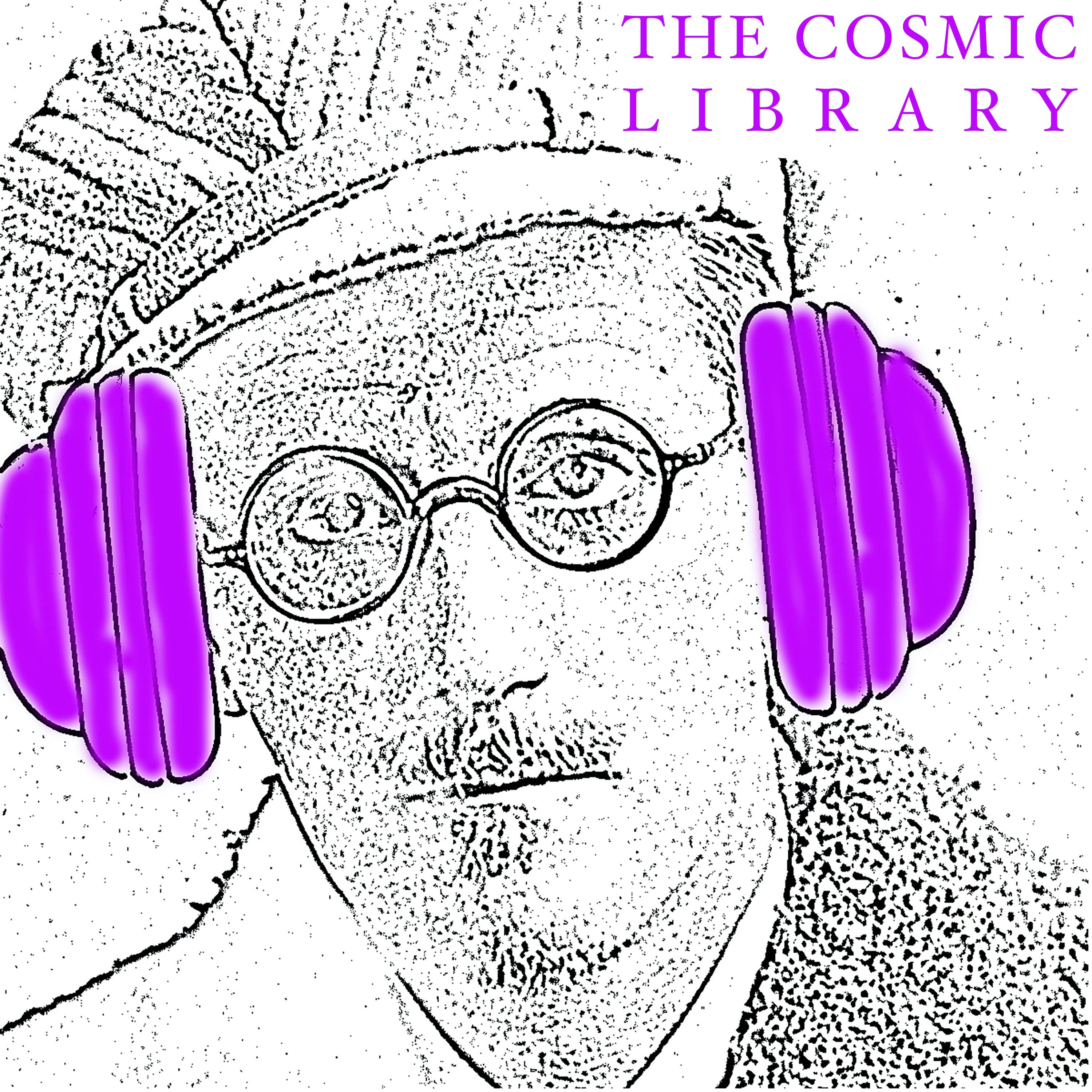3.3 Dream Interpretation
Description
Stuck in a lonely motel room, you have a good chance of finding a Bible, left for anyone similarly stuck in a strange interval between days. In this way, it’s yet another night book. The Bible also has famous night scenes, and dream scenes, too: Jacob's dream of angels, Joseph's dream of sheaves of wheat. So this chapter of “Mosaic Mosaic” explores dream interpretation and that foundational dream-interpreter Sigmund Freud, himself a close reader of the Hebrew Bible.
"Literature guides Freud's thinking all the way through," says Tom DeRose of the Freud Museum in London. And one effect of reading such a literary doctor is a literary, tragic awareness—what DeRose describes as awareness that every effort to "bring things to a better place will inherently contain its own destructiveness within it."
Other tensions between contraries exist within the dreams and dream-like passages of the Hebrew Bible. The novelist Joshua Cohen calls the dreams in the Bible "highly demonstrative and overly obvious." He says that "the dreams that are presented are so clear,” which suggests "a way of taming dream space, denying dream space its wildness." On the other hand, the poet Peter Cole finds something like that wildness in the Bible, finds "that porousness of consciousness where the boundary of self is blurred." And so, somehow encountering both blurred boundaries and demonstrative clarity, we’re thinking in this episode of what interpretation can make of it all.
Learn more about your ad choices. Visit megaphone.fm/adchoices
More Episodes
The word “story” often comes after the word “bedtime,” and for good reason. Stories can frighten us, disturb and shock us, prompt us to change our thinking, but compared to most experiences, reading a story is tranquil. Podcasts, similarly conveying mediated encounters with other lives, are also...
Published 05/22/24
Published 05/22/24
“If my college-age self, reading White Noise, had thought I would one day be discussing word placement with Don DeLillo, I would have had a heart attack,” Deborah Treisman says in this episode. Since those days, in her role as fiction editor at The New Yorker, she has indeed discussed word...
Published 05/15/24


